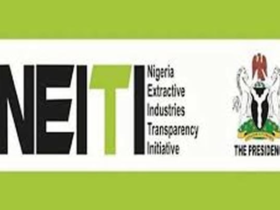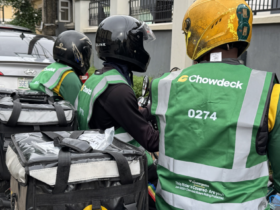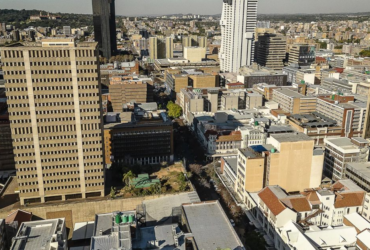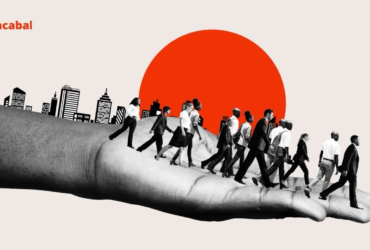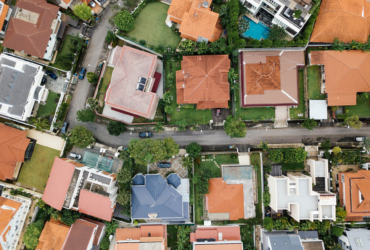
Following the Nigeria National Petroleum Company Limited (NNPC) revealing its financial challenges and debts to petrol suppliers, Nigerians prepared for the consequences.
Since the removal of fuel subsidies in 2023, citizens had been able to purchase fuel at lower prices from NNPC stations. While private filling stations charged higher prices to maximize profits, NNPC sold fuel at ₦610 ($0.38) per litre, shielding Nigerians from the higher import cost of ₦1,200 ($0.75) per litre.
However, on September 3, NNPC raised the fuel price by over 40% due to its financial constraints. Some NNPC stations sold fuel at ₦897 ($0.56) per litre, while in other parts of the country, prices were even higher at ₦910 ($0.57).
The long queues witnessed by Nigerians in recent weeks are expected to persist, impacting businesses like gig drivers reliant on fuel.
A Bolt driver in Owerri expressed frustration over the recent fuel price hike, recounting a situation where NNPC adjusted the pump price to ₦885 ($0.56) per litre. Unable to buy fuel after a 5-hour wait in line, the driver had to purchase fuel at ₦995 ($0.63) per litre from a private filling station.
With higher fuel prices, gig drivers will face increased expenses for fueling their vehicles. Coupled with low fares and high commissions, their daily earnings could be significantly affected. Efforts to lobby ride-hailing apps for fare adjustments and commission reductions have been met with resistance, considering the substantial role commissions play in these companies’ earnings.
As gig drivers and their unions push for better working conditions, ride-hailing apps like Uber are monitoring the situation closely to understand its impact on the market. The future may see intensified efforts from Nigerian gig drivers to advocate for improved terms from these platforms.




